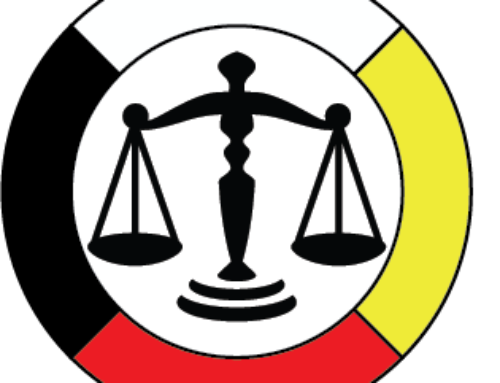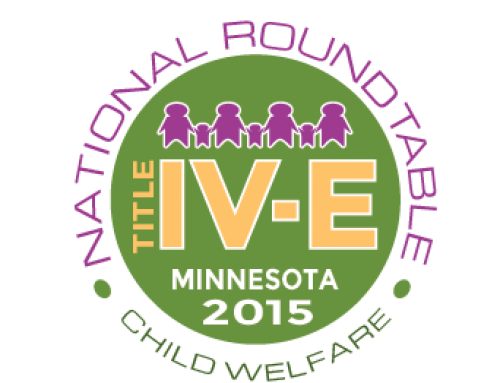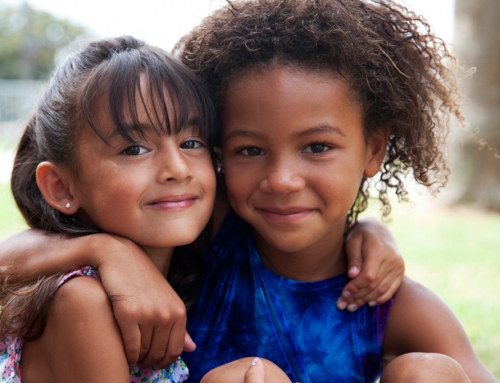Project Description
Date: Thursday, October 20, 2011
Time: 8:30 am–4:00 pm
Fee: $15 per person
Location: Northstar Ballroom, St. Paul Student Center, University of Minnesota
Featured Presenter
Terry Cross, MSW, ACSW, LCSW (Seneca Nation of Indians)
Founder and Executive Director
National Indian Child Welfare Association
Event Description
This event examines an Indigenous way of understanding health and wellness in individuals, organizations and systems and discusses how these concepts can be applied in child welfare in a post-colonial society. Working in an emotionally and spiritually healthy way is important for everyone, but especially for those involved in the difficult work of Indian child welfare practice. Indigenous people and organizations can intentionally work to decolonize themselves through this trauma informed approach.
The presentation is valuable for American Indian and Alaska Native (AI/AN) families, adult adoptees, as well as caseworkers, supervisors and managers and can help create and maintain an open and supportive mindset for healing and healthier living, working and service delivery. Using the Relational Worldview as a critical thinking tool along with the application of historic teachings and taking specific decolonizing actions individuals can begin to take an intentional approach to living, collaborating, and serving others.
Participant Outcomes
This conference was co-sponsored by the First Nations Repatriation Institute and the Center for Advanced Studies in Child Welfare (CASCW), University of Minnesota School of Social Work.



